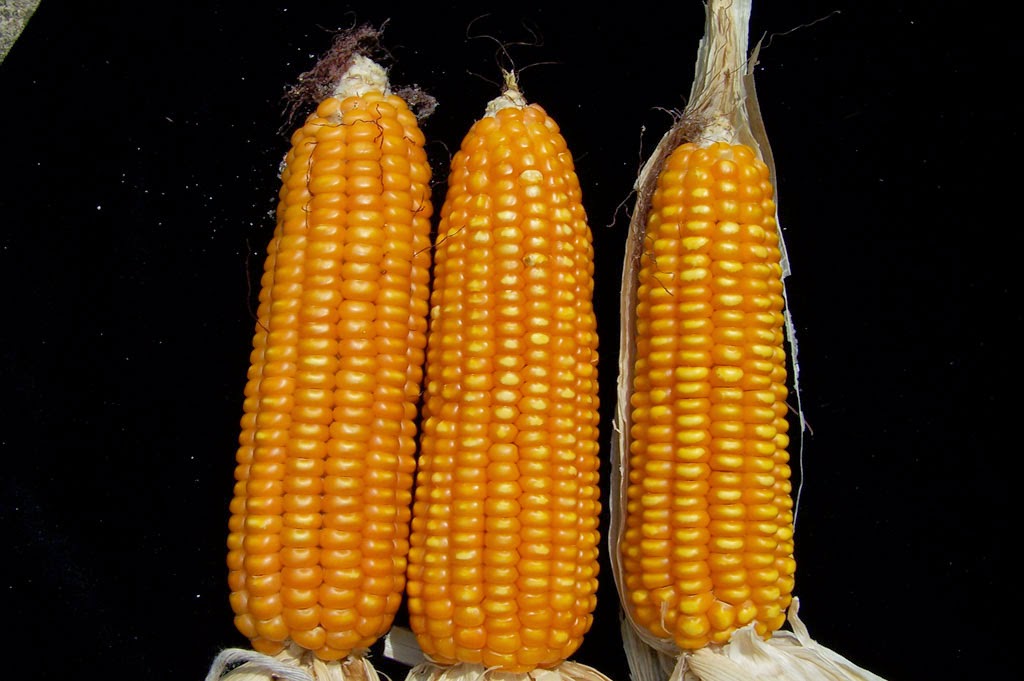Engaging youths in Agriculture brings hope to Africa and makes the IFAD President proud
+explaining+the+group's+activities+in+plantain+multiplication+to+Dr+Nwanze+during+his+visit+to+IITA+(2).jpg)
one of the Agriprenuers grp. explaining the grps. activities on plantain multiplication to Dr. Nwanze during his visit to IITA The activities of young men and women in the Youth Agripreneurs (IYA) program under the International Institute of Tropical Agriculture (IITA) have made the International Fund for Agricultural Development (IFAD) President Dr Kanayo Nwanze proud; and rekindled the hope of a new generation of African agricultural entrepreneurs that will feed the continent, create wealth and employment. The IITA Youth Agripreneurs program was developed about 2 years ago after Dr Nwanze visited IITA in Ibadan, planted a tree to mark the rejuvenation of the institute, and in his speech called for investment in the youth. Inspired by Dr Nwanze’s speech the Director General, Dr Nteranya Sanginga took up the challenge to mobilize the youth, give them mentorship, teaching and training, thereby creating a passion in the youths to adopt agriculture as a business. In less than
.jpg)

